After a months-long hiatus, Iranian and Western negotiators ultimately met in same room but much of the work does not seem to be done in the room. Instead, Western negotiators seem to prefer forging ahead with media hyperbole.
While many of those who participated in Monday’s plenary session in Vienna came out with a clear sense of optimism about the future of the talks, several European diplomats taking part in the meeting sought to ramp up diplomatic pressure on Iran after the meeting.
First, they magnified a media report by an Israeli reporter claiming that Iran is preparing for weapons-grade uranium enrichment. Several Western media outlets, including Reuters and the Wall Street Journal, quoted senior diplomats from France, Germany and Britain as warning Iran against such a move.
The diplomats cautioned that raising the level of uranium enrichment to 90 percent would “seriously imperil” the process of the Vienna talks.
But aside from the 90 percent-enrichment bluff, which was taken by several independent observers with a grain of salt, the European diplomats also took what can be called a “preemptive” stance to determine the agenda of the talks even before they began.
They put the spotlight on a number of issues that can only be decided on in the negotiation process. At issue are draft texts and the duration of the current round of talks as well as a timeline for the whole negotiation of the process.
During Monday’s meeting, none of these issues were discussed in detail. And the meeting primarily focused on the principles and foundation of the upcoming talks. The lead Iranian negotiator, Ali Bagheri Kani, who co-chaired the plenary session, underlined this immediately after the meeting.
Bagheri Kani made it clear that the draft texts prepared during the past rounds should by no means be defined as legally binding for Iran and that they should be viewed as mere drafts.
“Nothing is agreed on unless everything has been agreed on,” he told reporters on Monday after the plenary session.
Iran’s chief negotiator reiterated that the texts of the previous rounds of talks were only “drafts” and thus they are not legally binding for Iran.
“Accordingly, all the discussions that were concluded in the previous six rounds are subject to negotiations and this was agreed by all parties in today’s meeting as well,” Baqeri Kani said.
The other side, however, strived to portray the draft texts as a political commitment by which Iran is bound. The European diplomats told several outlets that roughly 70 to 80 percent of the agreement was complete, with the remaining 20 to 30 percent containing the most difficult questions, such as what to do about Iran’s many advanced centrifuges, according to Politico.
Reuters, quoting a senior European diplomat, echoed similar claims. “The diplomat stressed that some of the most difficult issues were among the 20-30% that remain unresolved, including what to do about advanced centrifuges that Iran is using to enrich uranium in defiance of the original agreement,” Reuters said.
Politico went so far as to say that the draft texts are “a master document with political commitments.”
In addition to the draft texts, the Europeans also tried to create a sense of urgency in terms of the duration of the talks. While Iran said it prioritizes the lifting of all sanctions and reaching a good agreement over the swift conclusion of the talks, the Europeans stressed the need for a swift conclusion of this round.
“The next 48 hours will be quite important to know and to confirm that hopefully we can pick up there and get into very intensive working mode,” the European diplomat told Reuters. “If they don't show us that they're serious this week, then we have a problem.”
Of course, Iran has said that it does not oppose reaching a swift, good agreement but at the same time it has underlined that fairness should not be sacrificed on the altar of swiftness.
First Time Published in Tehran Times



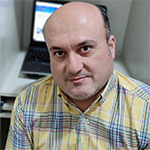
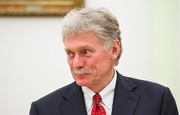
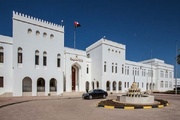
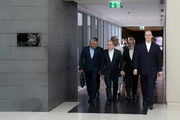
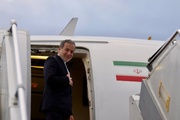
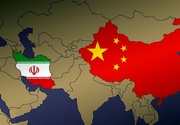
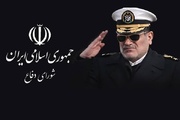
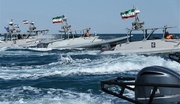















Your Comment